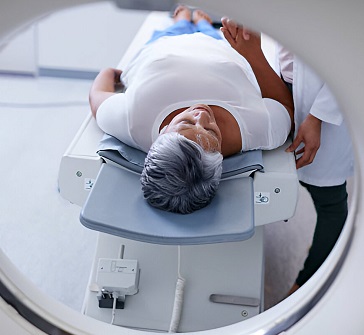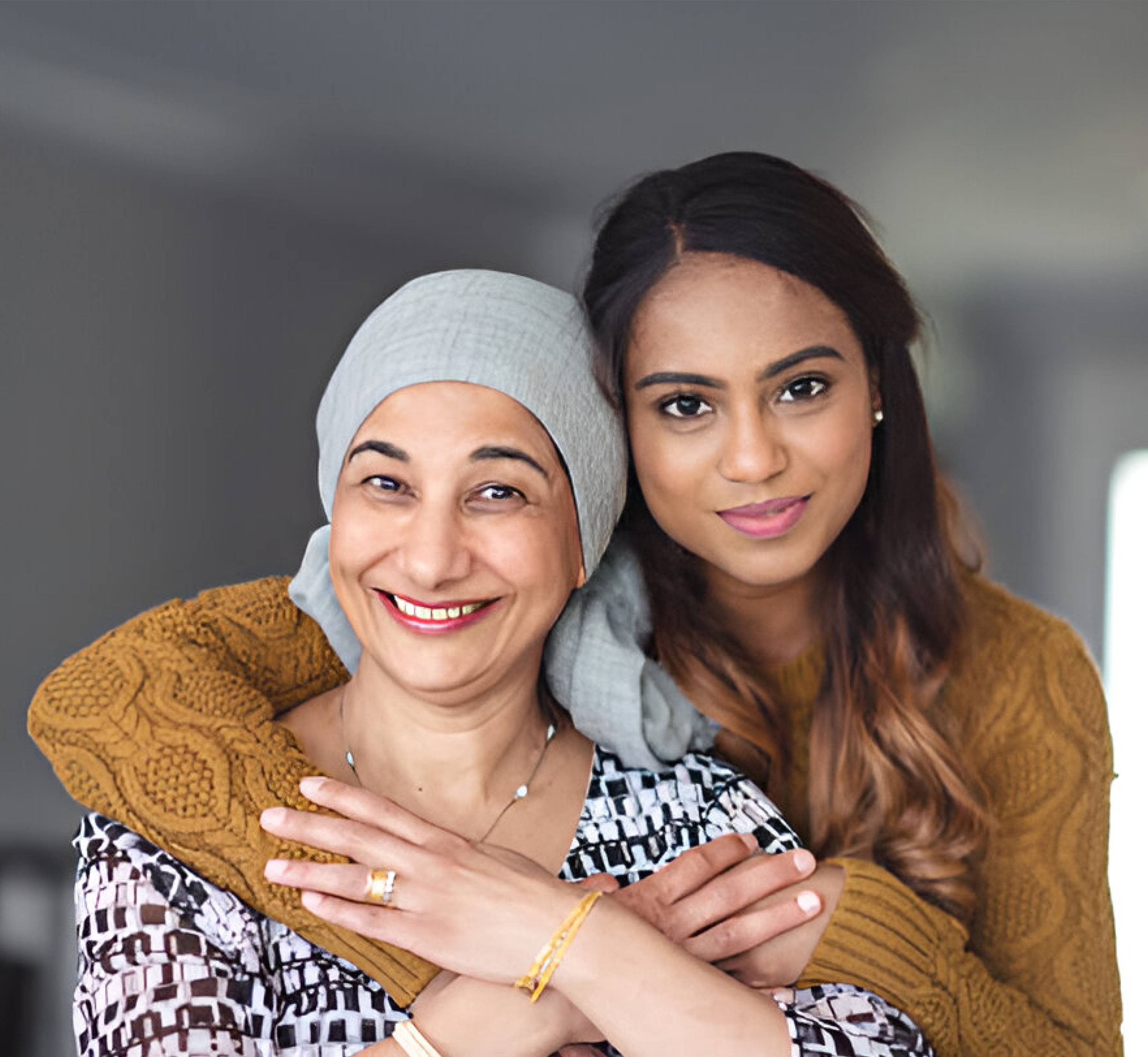 Book Appt.
Book Appt.
 Call Now
Call Now


Gastrointestinal cancer is the second most prevalent type of cancer in the general population, and it is made up of a diverse set of problems and diseases. These are classified into uncommon inherited forms and more common sporadic forms. Oesophageal cancer is the most frequent cancer of the gastrointestinal system, followed by colorectal malignancies (affecting the colon and rectum), stomach cancer, and small intestine cancer.
The basic causes of different forms of gastrointestinal cancer vary, however, some of the most important risk factors include smoking, excessive alcohol consumption, advancing age, viral and bacterial infections, chronic pancreatitis, and obesity.
Hepato-pancreato-biliary (HPB) tumors are malignant or cancerous tumors that originate in the cells of the liver, bile ducts, pancreas, and gallbladder.
Pancreatic cancer is cancer that affects the pancreas, a gland that generates digestive fluids and hormones. Pancreatic cancer affects elderly people more than younger people.
Liver cancer begins in the liver and is determined by the type of cell involved.
Bile duct cancer, also known as cholangiocarcinoma, is a relatively rare type of cancer that results from excessive aberrant cell proliferation. Bile ducts are tiny tubes that connect the liver and gallbladder to the intestine. The bile ducts transport bile, which aids in the digestion of lipids in diet.
GI Cancer Treatment
Treatment options for GI and HPB cancer vary depending on its location, stage, and aggressiveness. When creating a treatment plan, the doctor considers the patient's overall health and preferences.
GI Cancer Surgery
The primary purpose of surgery is to remove the malignancy and some of the good tissue surrounding it. Operations for GI cancer include:
Curative surgery:
Removing tumors from the site of origin, leaving a margin of healthy tissue
Removal of regional lymph nodes.
Palliative surgery:
Surgery to relieve signs and symptoms.
Chemotherapy for GI Cancer
Chemotherapy is a treatment that uses specific medications to kill cancer cells. The drugs used for chemotherapy circulate throughout the body, killing cancer cells that may have spread beyond the site of genesis. Chemotherapy sessions can be administered prior to surgery to help restrict the cancer and make it easier to remove. Chemotherapy is frequently used after surgery to eliminate any cancer cells that may remain in the body. Chemotherapy is frequently used with radiation therapy.
Radiation Therapy for GI Cancer
Radiation therapy uses high-energy beams to eliminate malignant cells. The energy beams are emitted by a machine that rotates about while the patient lies on a table. Radiation therapy is used to alleviate side effects associated with advanced stomach cancer that cannot be removed surgically.
Targeted Drug Therapy for GI Cancer
Targeted drugs focus on specific weaknesses found within malignant cells. By inhibiting these vulnerabilities, targeted medication treatments kill cancer cells.
Immunotherapy for GI Cancer
Immunotherapy is a type of pharmacological treatment that stimulates the immune system to combat cancer. Immunotherapy is used to treat advanced cancer, recurrence, or spread to other regions of the body.
What We Do
SHALBY Sanar International Hospitals offers the greatest oncological care, including specialized therapy for all cancer kinds. Because cancer is one of the world's most pressing issues, our team stays up to date on the latest breakthroughs in the field and develops cutting-edge procedures to reduce complexities, and discomfort, and help patients recover more quickly.
SHALBY Sanar International Hospitals provides extensive medical procedures backed up with our state-of-the-art technology and a team of highly qualified & experienced clinical experts.

Grade 2 Endometrium Cancer | Ms. Robiyakhon | Uzbekistan | Dr. Archit Pandit | SHALBY Sanar

Male Breast Cancer Recovery Story | Dr. Archit Pandit | Cameroon | SHALBY Sanar

Ms. Nafisa’s Inspiring Breast Cancer Recovery | Dr. Archit Pandit | Uzbekistan | SHALBY Sanar International Hospitals

Stage4 colon cancer is curable - Colon cancer with liver metastasis | Kenya | Dr Archit Pandit

Patient from Kenya Treated by Dr. Archit Pandit | SHALBY Sanar International Hospitals

Double Cancer Victory: Mrs. Salma Kapoor's Inspiring Recovery Story | Dr. Archit Pandit

Patient from Uzbekistan Treated by Dr. Archit Pandit | SHALBY Sanar International Hospitals

Patient from Uzbekistan Treated by Dr. Archit Pandit | SHALBY Sanar International Hospitals

Successful Carcinoma Buccal Mucosa Surgery of a Patient from Nigeria by Dr. Archit Pandit

Successful Colon Cancer Surgery of Mr. Faraidun Kaka Bra Amin Amin's from Iraq | Dr Archit Pandit

Miraculous Recovery of a patient from Uzbekistan battling Ovarian Cancer | Dr. Archit Pandit

Successful Cancer Detection & Surgery by Dr. Archit Pandit | SHALBY SHALBY Sanar International Hospitals

Successful Colon Cancer Treatment of a patient from Iraq by Dr Archit Pandit | Surgical Oncology

Successful Glottis Mass & Carcinoma Vocal Cord Treatment of a patient from Iraq by Dr Archit Pandit

Successful Stage 4 Colon Cancer Treatment of a patient from Kenya by Dr Archit Pandit

Surviving the Odds: 56-Year-Old's Journey with Recurrent Carcinoma Vocal Cord | Dr. Archit Pandit

Surviving Recto-Sigmoid Cancer: Mr. Syamand Ahmed's Inspiring Journey

Success Story: Iraqi Patient's Liver Tumour Treatment at SHALBY Sanar International Hospitals

Cytoreductive Surgery Success: Iraqi Patient's 30cm Ovarian Tumor Removed Safely

Beating Liver Cancer: Mr. Abdirashid's Inspiring Story

Ms. Nejood's Success Over Pancreatic Cancer: A Remarkable Journey

Transforming Smiles: Revolutionary Buccal Commando Procedure

Wide Local Excision Surgery & Microvascular Reconstruction of a Cancer patient

Successful Surgery of Esophgeal Cancer

Successful Lung Cancer Surgery of Ms. Jerioth Wanjiru from Kenya

Para Thyroidectomy on Pt Jawad Kadhim Tweli from Iraq

Dr Archit Pandit discusses the fascinating case of Geeta Rani
Our doctors pen down their research findings and experiences from time to time. Their words provide deep insight into the latest techniques, technologies and other advancements in healthcare. It provides expert answers to all kinds of health questions for real-life issues.
VIEW ALL




Since the day of its foundation, SHALBY Sanar International Hospitals is committed to provide comprehensive healthcare services. It regularly organizes awareness programs in its premises and encourages outdoor healthcare activities and camps with an intent to put focus on preventive healthcare.
VIEW ALL